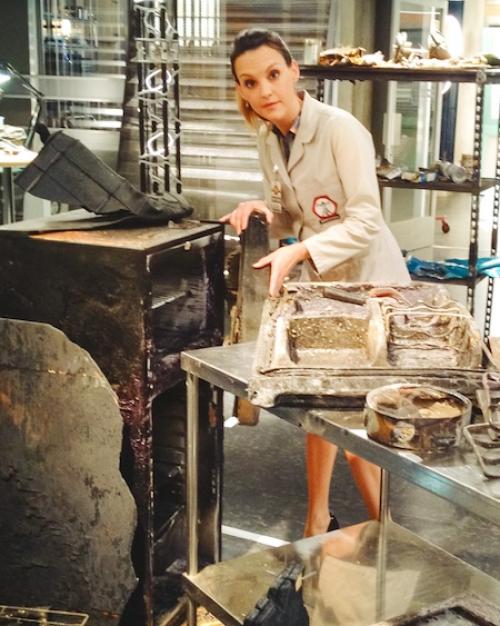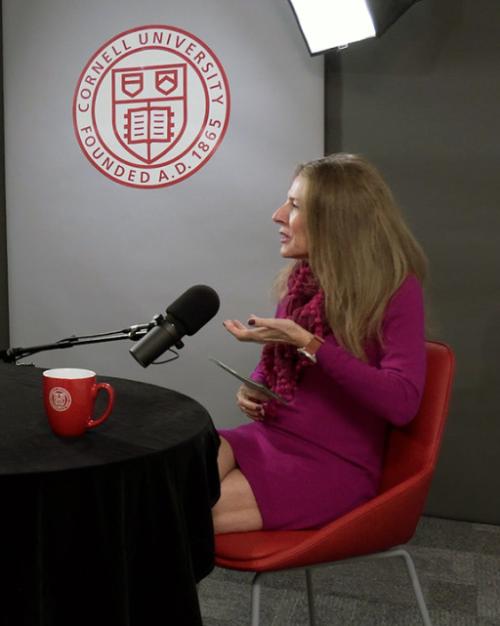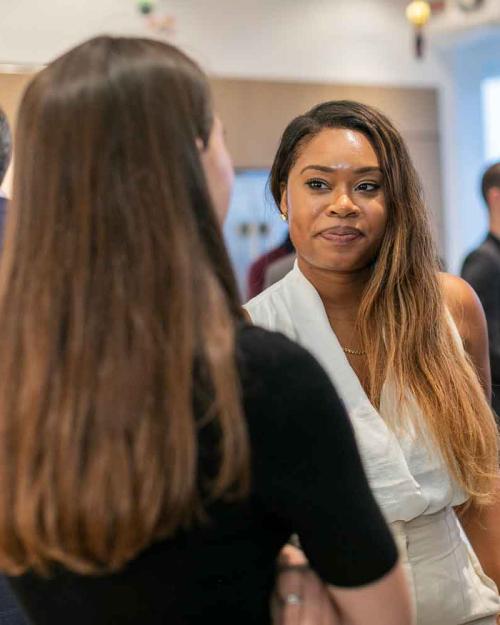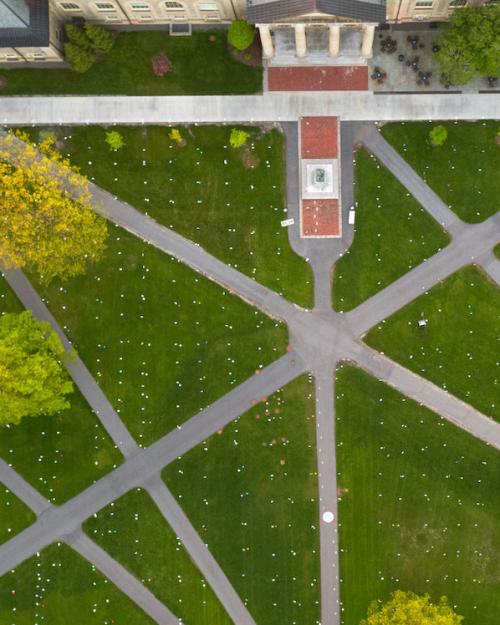Sarah Lorgan-Khanyile
Comparative Literature and Literatures in English
Warwick, N.Y.
What are the most valuable skills you gained from your Arts & Sciences education?
My liberal arts education has equipped me with critical, clear and detail-oriented writing. Majoring in the humanities has also sharpened my critical thinking skills and improved my time management and organization skills. Pursuing (and presenting) a number of research projects has enabled me to become an effective and accessible public speaker. My involvement in the A&S community has empowered me to further develop my leadership skills.
What is your main extracurricular activity and why is it important to you?
Being president of Cornell's Literary Society has empowered me to put my theoretical knowledge into action. At selective institutions, inequality is reinforced by exclusivity in community memberships, which can be notoriously inaccessible for students of color, low-income students and LGBTQIA+ students. As president of the Literary Society, I was determined to change this by creating an inclusive space where my peers and I could share our passions for literature and celebrate our diversity. Organizing events centered on amplifying marginalized voices through literature, I aimed to empower members to share their stories and feel seen while increasing the accessibility of Cornell's literature departments. Being able to cultivate these spaces with Cornell professors and students has been a privilege.
What Cornell memory do you treasure the most?
There are a number of Cornell memories I will always treasure: attending lectures and working at the Society for the Humanities, working on essays in the Nabokov Lounge with Eliana Rozinov, discovering the hidden archives of Cornell's history, running through the frigid Ithaca weather with Anjelika Amog, climbing the slope every day to get to class, attending office hours with my amazing professors, bonding with my Mellon Mays family, exploring the natural beauty of Ithaca, going to HIIT [High Intensity Interval Training] classes on Saturdays, etc.
How have your beliefs or perspectives changed since you first arrived at Cornell? What have you discovered about yourself?
From attending protests against anti-Black violence in my freshman year to volunteering in efforts to support marginalized communities in the present, Cornell has empowered me to be a better advocate and thinker through these experiences. I have realized that community advocacy isn't always about exceptional moments. What matters, above all else, is our collective commitment to empowering each other each and every day. Because our fates are inextricably bound, we share a continual responsibility to fight for ourselves, our communities and our planet. In this sense, Cornell has reminded me that the imperative to be an advocate for others is always now, in the present.
If you were to offer advice to an incoming first year student, what would you say?
Embrace who you are in this moment: remember where you came from, recognize your growth and celebrate who you are becoming. Your existence is essential. No matter where you are or who you are, you are everything you need to be. Your experiences at Cornell will be the journey of a lifetime: explore and challenge yourself. As Rainer Maria Rilke once said, "Let everything happen to you: beauty and terror. Just keep going. No feeling is final."
Every year, our faculty nominate graduating Arts & Sciences students to be featured as part of our Extraordinary Journeys series. Read more about the Class of 2021.




